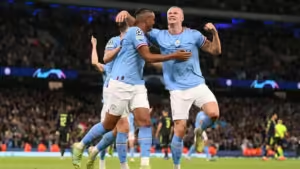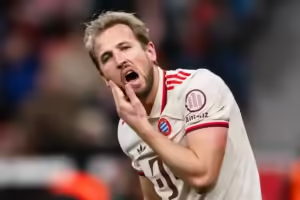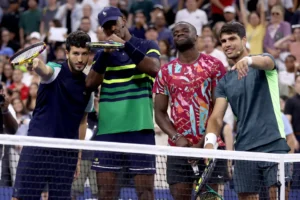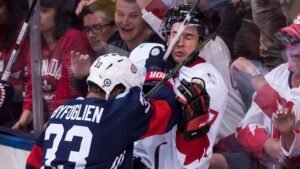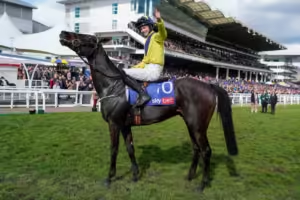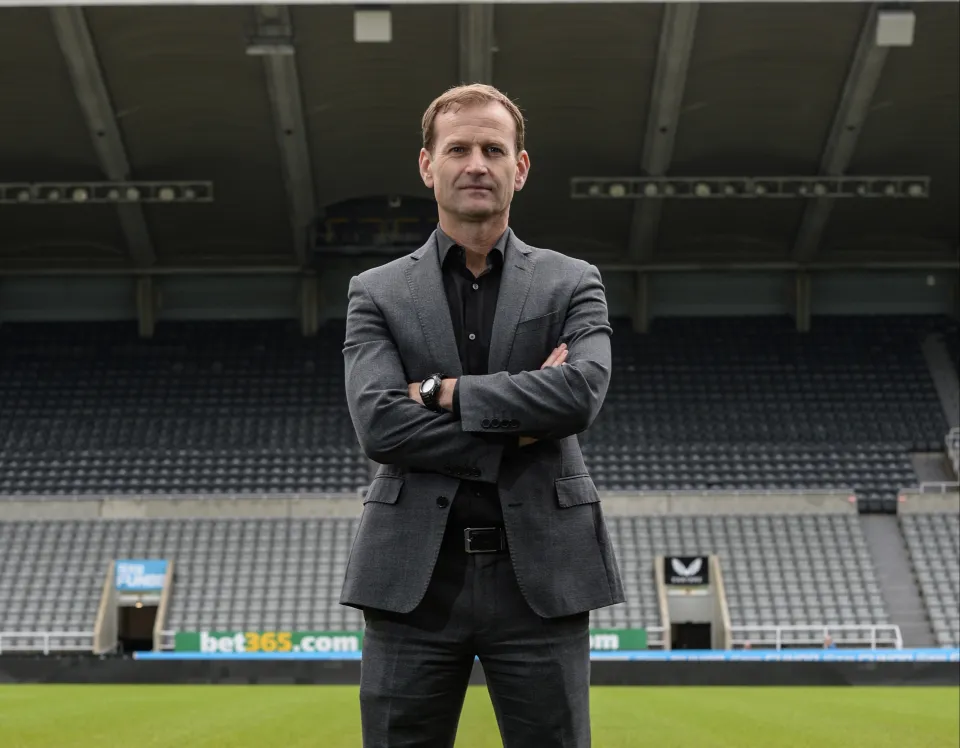
Dan Ashworth, Manchester United’s sporting director, has left the club after just five months in the role. The surprise departure was reportedly agreed upon following a meeting between Ashworth and United CEO Omar Berrada, with part-owner Sir Jim Ratcliffe playing a significant role in the decision.
Ashworth, who joined United in July after leaving Newcastle United, was responsible for overseeing recruitment and football performance. His exit marks another dramatic shift in United’s hierarchy, which has been undergoing significant restructuring since Ratcliffe’s arrival.
Ashworth’s Short Tenure
During his brief stint at Old Trafford, Ashworth played a pivotal role in United’s £200 million summer transfer spree, which included high-profile signings such as:
- Leny Yoro
- Manuel Ugarte
- Matthijs de Ligt
- Noussair Mazraoui
- Joshua Zirkzee
Ashworth was also involved in the decision to extend manager Erik ten Hag’s contract before his sacking just months later, underscoring the turbulence in the club’s leadership. Sources suggest that United initiated Ashworth’s exit, with the decision described as mutual by the club. Sir Jim Ratcliffe has been vocal about his dissatisfaction with United’s infrastructure, particularly in areas like recruitment and data analysis.
“Manchester United has become mediocre,” Ratcliffe said in a previous interview. “Data analysis doesn’t really exist here. We’re still in the last century on that front.”
Ratcliffe’s criticism highlights the scale of the rebuilding project at United, with Ashworth’s departure now adding to the sense of instability.
What’s Next for United?
Ashworth’s exit puts additional pressure on Jason Wilcox, United’s technical director, and raises questions about the club’s direction under its current leadership. With the team struggling on the pitch and undergoing significant off-field changes, United faces a daunting challenge in reclaiming its status as one of football’s elite clubs.
This latest shake-up leaves United searching for yet another solution to its leadership puzzle, continuing a decade-long struggle to recapture the glory of the Sir Alex Ferguson era.
